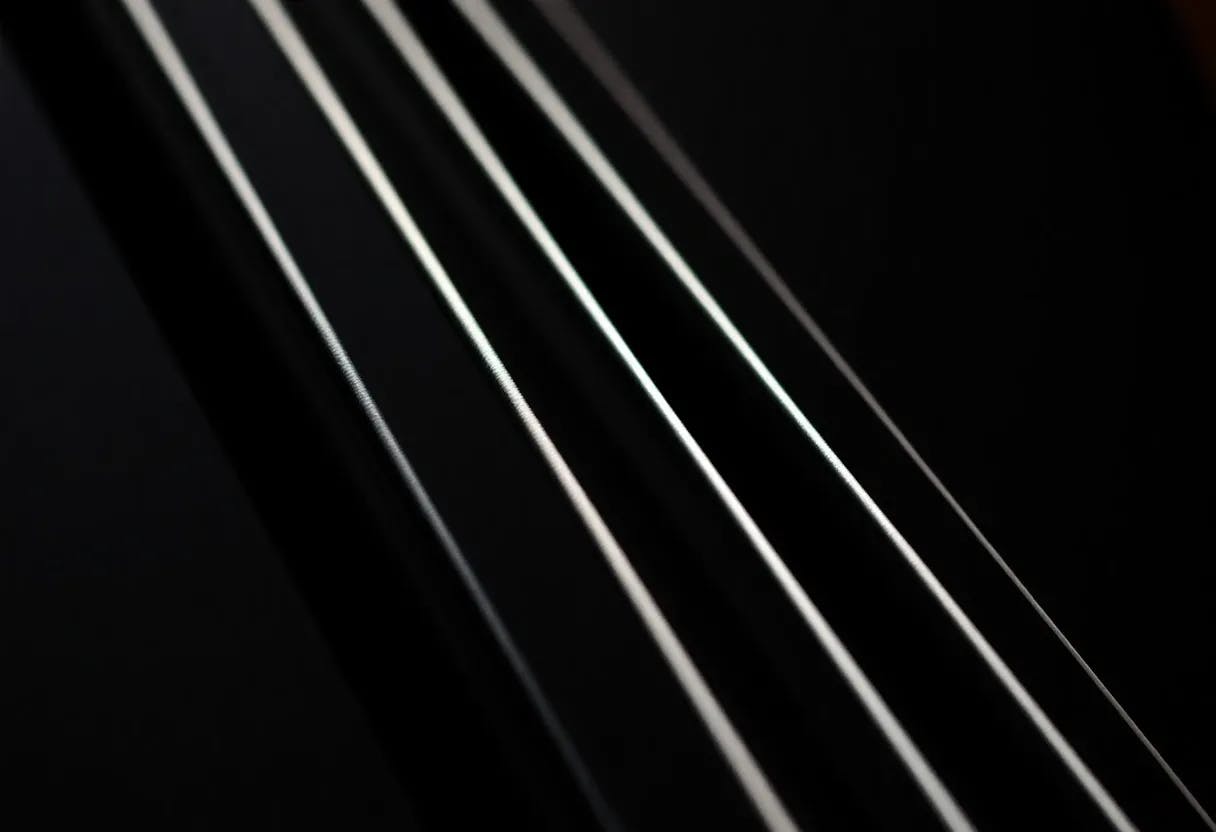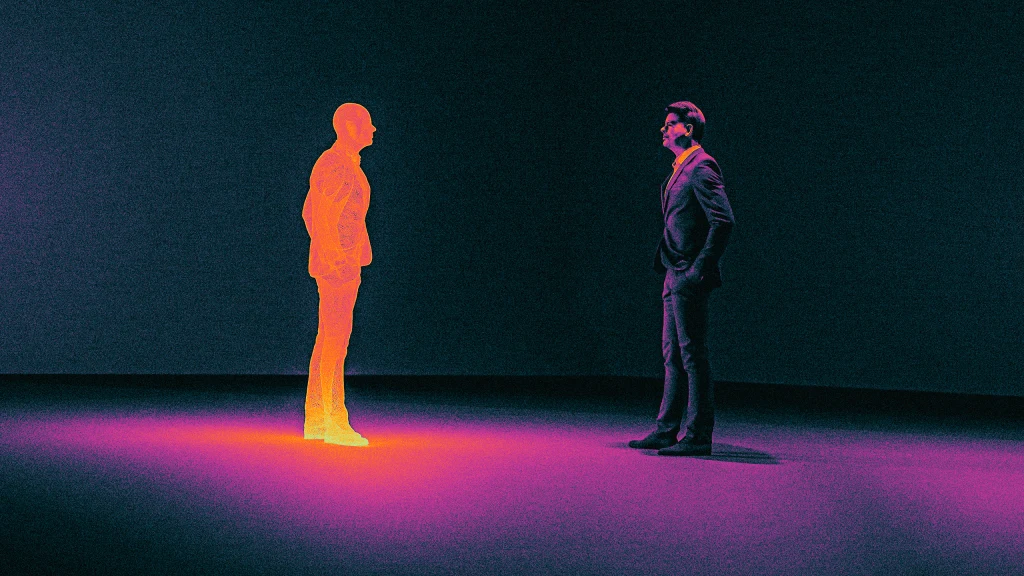Edouard Leeuwenburg
Security cameras have become an indispensable part of the street scene today. The very first camera came onto the commercial market in 1949, although at that time the images captured by those cameras could only be viewed live.
Today we are at the point where all kinds of ingenious AI software have been developed that can analyze camera images to see what is happening. Various municipalities are experimenting with this software to find out, for example, whether violence is taking place on the street. Healthcare institutions use it to see whether clients in the nursing home have not fallen out of bed.
Hang them everywhere
You could call it a success story: an innovation that does not compromise safety, even though both the police and the healthcare sector are facing a staff shortage. In that respect you would say: hang those cameras everywhere! But I still have reservations about how excited we should be about this.
This is due to concerns about privacy. Because we now hang cameras everywhere, we deprive ourselves of a sense of freedom and autonomy. It sometimes reminds me of a panopticon, the architectural principle on which domed prisons are built. One guard can keep an eye on all prisoners, but the prisoners themselves cannot see whether they are being watched. This principle shows that security is not always necessary, because people already behave differently because they feel like they are being watched. My fear is that we as citizens will also get this when there is a camera on every corner. We will suddenly think three times about our natural behavior and thus lose part of our free will.
Critical questions needed
I know there are people who share these concerns, but when I start a conversation about this there is often someone who shouts ‘but there is no other solution!’. After which one quickly concludes that the end justifies the means. Very few people ask the critical questions that are necessary. Politicians, healthcare providers, citizens, it seems as if the majority of them have resigned themselves to the fact that they can be filmed 24 hours a day without knowing where the images end. All for the greater good of ‘safety’.
Precisely because I welcome innovation, I think we should look at other solutions. Why don’t we look for alternatives that use measuring and analyzing movements, pressure, heat or heart rate? This means, for example, that a nursing home can easily identify whether someone has fallen out of bed. With these methods we look at the behavior, instead of the person. This gives us the benefit we want, namely increased security, without compromising that other important part of security: privacy.
Wiedeweerga
As far as I am concerned, we place the security camera at the back of the list of solutions. Because when we weigh all possible solutions and their impact on privacy, we will quickly see that cameras are often not the golden solution rather than the golden solution.












